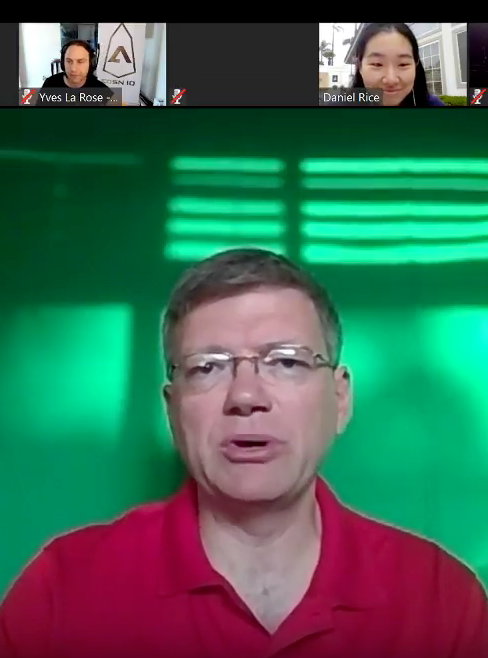Colin Rule on WHO PAYS for dispute resolution
In a livestreamed interview by Amy inviting in Colin Rule, the following question was asked from the audience.
-20:00 Yves la Rule: Who pays for this if it gets further down the line? One of the questions we ask in EOS is who pays for this system, where does the money come from to maintain this kind of system.
Colin Rule: That’s the key question as you guys design all these virtual currency networks.
Is it going to be the payers who pay, is it going to be the app developers who pay? Where does the money come from?
Resolution centre … and it was all provided for free. So how did we pay for that?
What essentially eBay did was on every transaction they took a tenth of a penny and they put it into a dispute resolution fund. It was a tiny amount of money on a per-case basis because as I mentioned 99% of transactions never have a dispute. What we did was we built up that fund through all the transaction volume, and when we built dispute resolution, we paid for it out of that fund. So there was this reserve of resources to fund, and actually all “trust and safety” worked the same way.
And we also worked very closely with the customer support team, who were resolving disputes as well through a different channel. And they were also funded in a similar mechanism.
So you think about this as a cost for each individual transaction, and spread it out over all the transactions, and then you essentially have a fund to pay for it.
But I think, you don’t want to build a system that say, OK, if you have a dispute, you can come file it, and it’s going to cost you 20 bucks to file the dispute. What we saw, originally that’s the way eBay worked when they built their first online dispute resolution process. To file a dispute you had to pay money. And then it generated frustration, because most people that were filing disputes felt that they were victims, and and they didn’t want to have to pay to have the perpetrator of the crime brought to justice. It adds insult to injury.
If it’s possible to build that kind of fund, then you see it as a cost of the overall network.
(Editor's note: I typed it in with rusty old hands. Errors may be disputed at ECAF, the EOS Core Arbitration Forum :wink: )
